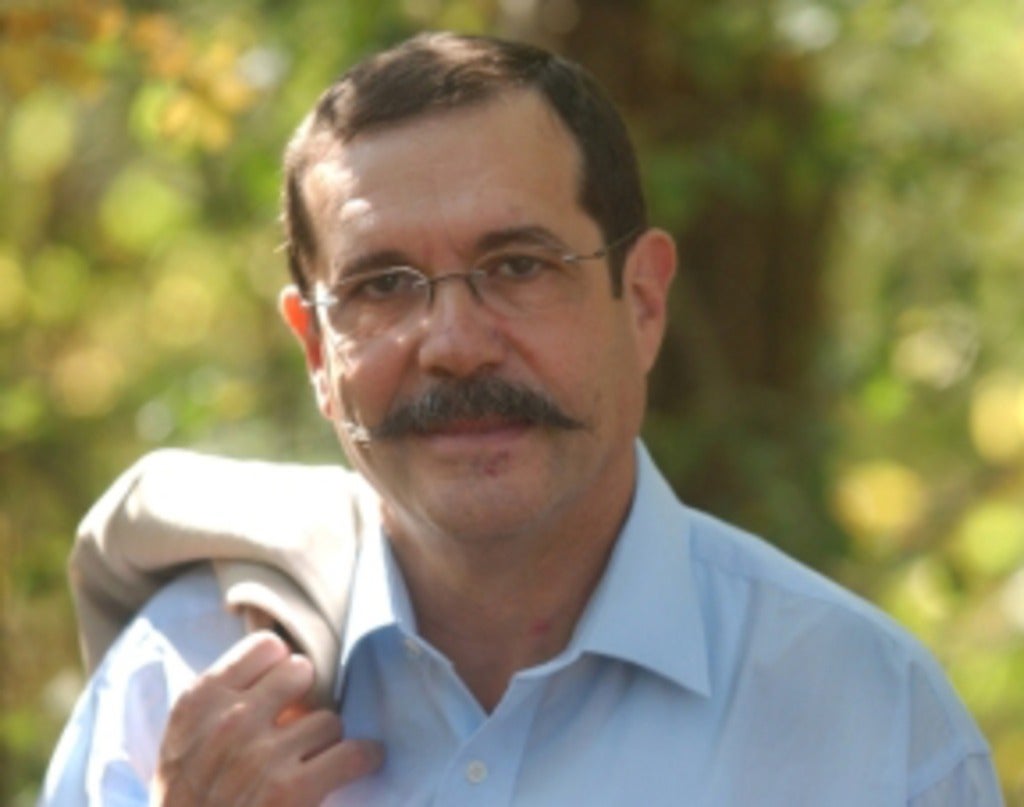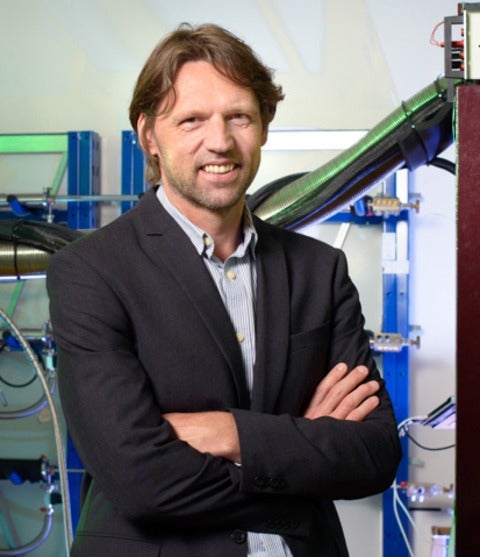Quantum Frontiers Distinguished Lecture: Alain Aspect
Alain Aspect, Institut d'Optique
From Einstein to Wheeler: wave particle duality for a photon
 Join us for the next Quantum Frontiers Distinguished Lecture Series when Dr. Alain Aspect will talk about the weirdness of wave particle duality.
Join us for the next Quantum Frontiers Distinguished Lecture Series when Dr. Alain Aspect will talk about the weirdness of wave particle duality.


 In 1981, Richard Feynman proposed a device called a “quantum computer” to take advantage of the laws of quantum physics to achieve computational speed-ups over classical methods. Quantum computing promises to revolutionize how we compute.
In 1981, Richard Feynman proposed a device called a “quantum computer” to take advantage of the laws of quantum physics to achieve computational speed-ups over classical methods. Quantum computing promises to revolutionize how we compute.